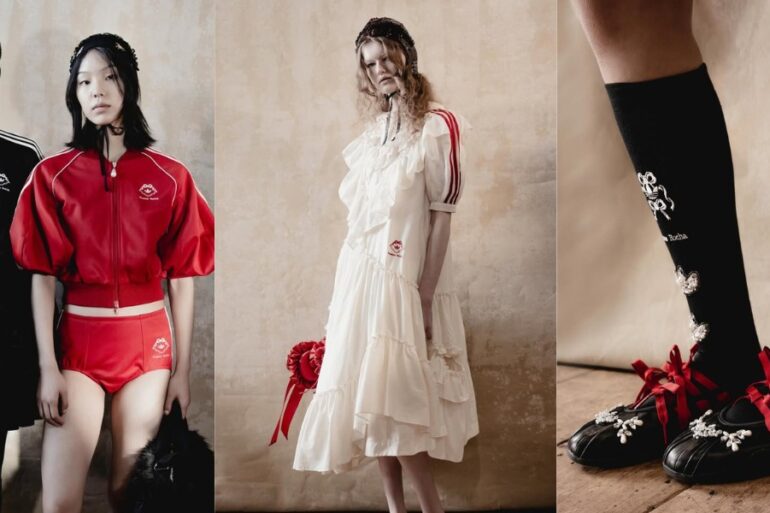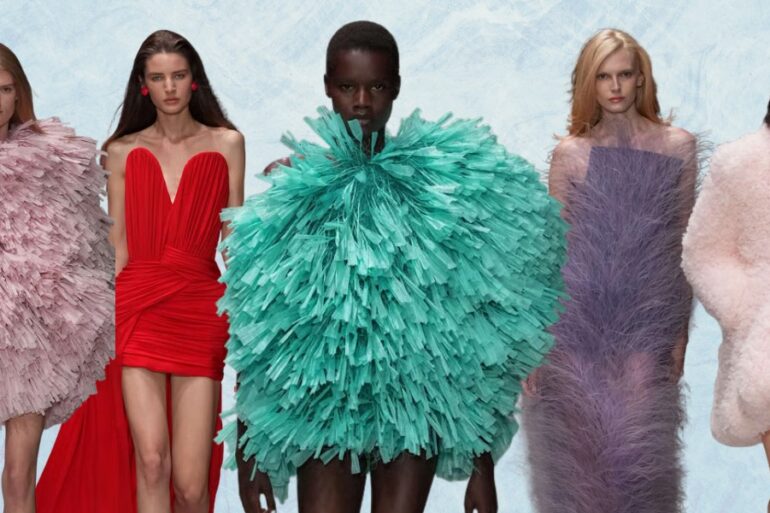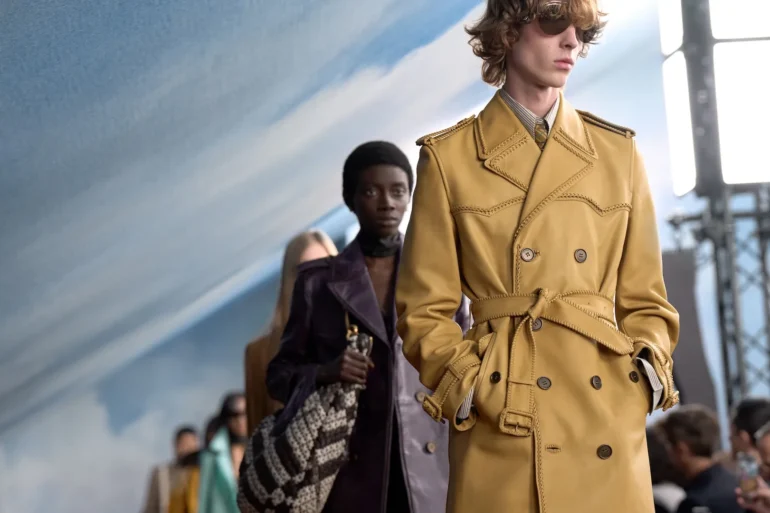Not everything about fashion is glitz and glamour. Case in point: It isn’t exactly the most sustainable of industries.
In fact, the fashion industry is the second-biggest consumer of water and is responsible for 10% of total global carbon emissions, as much as the emissions generated by the European Union, per an analysis by Business Insider. On top of this, 85% of all textiles go to landfills each year, according to a 2018 report by the United Nations Economic Commission for Europe or UNECE.
It doesn’t end there. Washing clothes releases 500,000 tons of microfibres into the ocean each year, the equivalent of 50 billion plastic bottles, per the environmental news website Earth.org.
Aware of the adverse impacts the fashion industry has on the planet, the British Fashion Council (BFC), which is in charge of London Fashion Week (LFW), announced that it is adopting the framework Copenhagen Fashion Week (CPHFW) first introduced in 2019 and fully implemented since Autumn/Winter 2023.
Related story: A long overdue shift: Secondhand fashion takes on London Fashion Week’s runways
Related story: Another fashion controversy: Major brands linked to alleged child labor in cotton farms
Related story: Southeast Asian countries top global intake of microplastics. What does this mean to our health?
Leading the way to more sustainable fashion
With this development, LFW becomes the first of the “big four” to introduce sustainability requirements for brands that are part of the Newgen incubation scheme. Newgen is a BFC initiative that supports the most promising fashion design talents and aims to build future global, high-end brands.
These minimum requirements will be piloted throughout 2025 and full implementation will follow for all Newgen brands showing from January 2026. Afterwards, the BFC will work on the creation of a plan for further implementation across the LFW schedule.



This is hardly the first time, though, that LFW is taking steps toward more sustainable fashion. The POST, for instance, reported on how shows presented by eBay and Oxfam exclusively featured preloved pieces in last autumn’s LFW.
“We are thrilled to align with the Copenhagen Fashion Week Sustainability Requirements across BFC NEWGEN in partnership with Pull&Bear, this builds on our existing Minimum Standards and reaffirms our commitment to driving positive change across the global fashion industry,” says Caroline Rush, BFC chief executive, as quoted in Sustainability Magazine. “This partnership is a significant step in ensuring that sustainability becomes integral to the future of fashion.”
She adds that the collaboration allows the creation of “a framework that empowers emerging designer fashion businesses to lead the way and contribute tangibly to a more sustainable and responsible industry.”
Related story: Prada promotes sustainability through ocean literacy, regenerated nylon
Related story: This sustainable shoe brand is reshaping how fashion collaborates with farmers, weavers and designers
What are the Sustainability Requirements?
The Sustainability Requirements LFW is adopting from CPHFW is a framework used in the application process of the event. Copenhagen’s minimum standards include having a formal sustainability strategy that covers both environmental and social factors. This includes having guidelines and structures in place to provide equal opportunities and hiring processes to promote diversity.
There’s also the circular design criterion to ensure the quality and longevity of products. At least 60% of a collection, moreover, must be either certified, made of preferred materials or deadstock fabric.
The brands must also agree that they will not destroy unsold clothes and samples from previous collections, instead follow a process in place for leftovers and waste. Single-use props must also be removed for fashion shows.



Other criteria on the list requires the collection being free of virgin fur, wild animal skins, and feathers (exotics), as well as educating customers about sustainability practices in line with the Green Claims Directive on at least two platforms.
“We are delighted to join forces with the British Fashion Council to further expand the reach of our Sustainability Requirements,” says Cecilie Thorsmark, CEO of Copenhagen Fashion Week. “This partnership not only fosters much-needed industry alignment but also underscores the unique potential of fashion weeks and councils to drive positive change within the industry.”
Related story: The past and future collide in Rakuten Tokyo Fashion Week
Related story: Japanese label CFCL’s S/S 2025 collection shows us that sustainable can be stylish, too



“With the British Fashion Council, as an influential player in the global fashion landscape, we see a lot of potential to further amplify the impact of our collective commitment to sustainability.”
Designers in London are generally smaller and less established than the luxury fashion houses of Paris and Milan which arguably makes it easier to enforce the sustainability criteria, according to Vogue Business. It adds that the sustainability requirements could be an opportunity for the city’s designers to stand out on the global stage by demonstrating the forward-thinking practices that are required to drive change in the industry.
Aside from London Fashion Week, Berlin Fashion Week also announced it would be adopting CPHFW’s sustainability criteria.
Related story: Germanier turns waste into vibrant extravaganza at Paris Fashion Week








